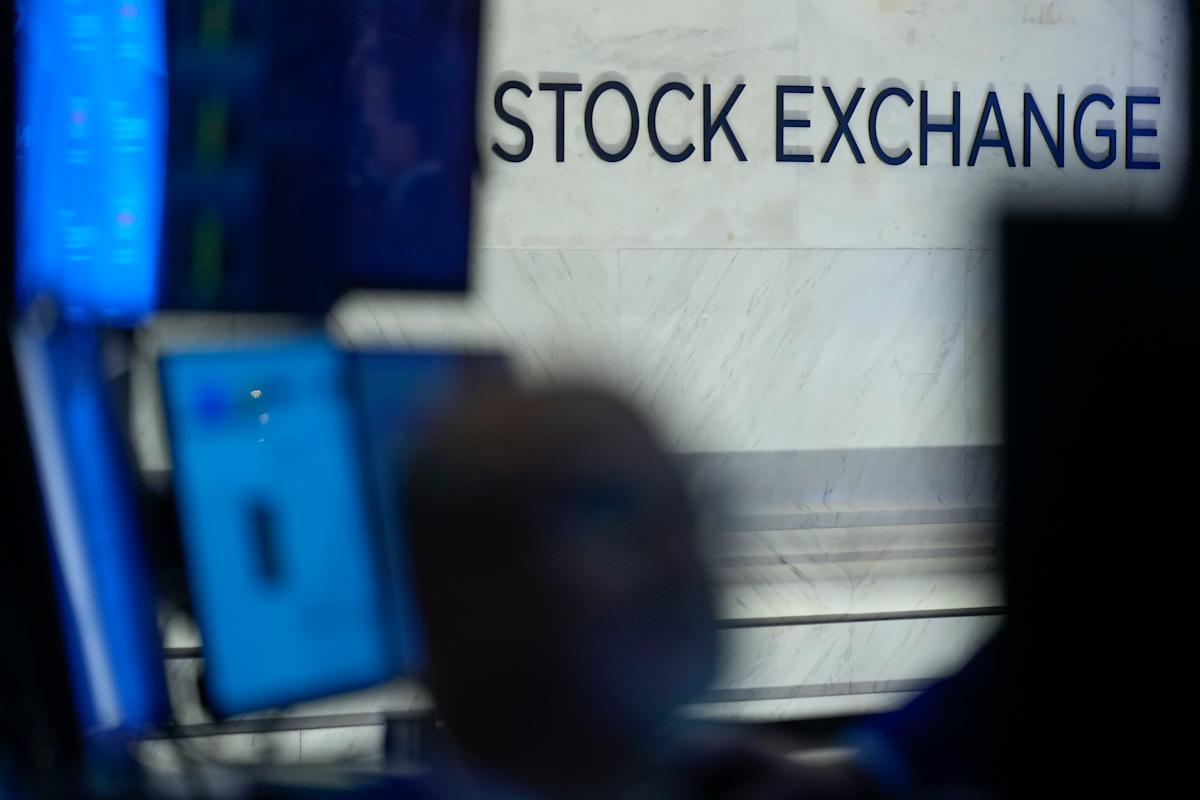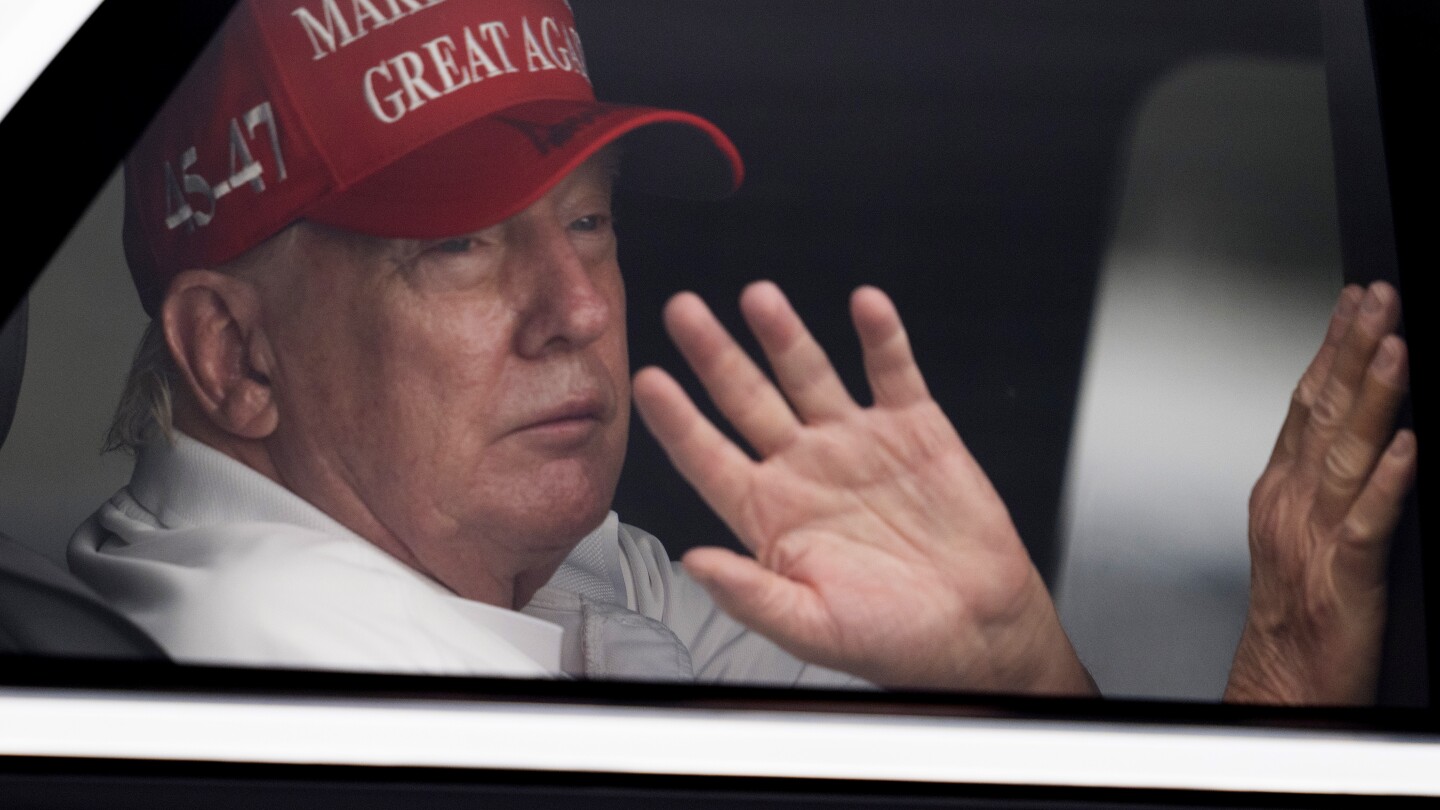Unlock stock picks and a broker-level newsfeed that powers Wall Street.
ELAINE KURTENBACH
4 min read
In This Article:
BANGKOK (AP) — Asian markets opened higher on Wednesday after a quiet session on Wall Street as buying slowed after a broad rally the day before fueled by hopes that President Donald Trump’s tariffs may not be as sweeping as earlier feared.
Hong Kong’s Hang Seng edged 0.2% higher to 23,396.49, while the Shanghai Composite index had barely budged, at 3,370.42.
Tokyo’s Nikkei 225 index added 0.3% to 37,890.15.
The Kospi in Seoul was up 0.6% to 2,630.09. In Australia, the S&P/ASX 200 gained 0.8% to 8,003.00.
On Tuesday, the S&P 500 added 0.2% to 5,776.65 after jumping 1.8% Monday to one of its best days of the last year. The Dow Jones Industrial Average inched up by 4 points, or less than 0.1%, to 42,587.50. The Nasdaq composite rose 0.5% to 18,271.86.
U.S. stocks have recovered a chunk of their losses since falling 10% below their all-time high earlier this month, for their first “correction” since 2023. The S&P 500 is now down 6% from its record, and that drop has left the market looking less expensive than before, which had been a major criticism following its euphoric rise in earlier years.
But strategists along Wall Street warn that more sharp swings are still likely on the way with an April 2 deadline looming. That’s what Trump has called “Liberation Day,” when he will begin tariffs on trading partners that he says will roughly equal what he sees as the burden each of them puts on the United States. Monday’s spurt for Wall Street came on hopes that Trump’s “reciprocal” tariffs may be more targeted than had earlier been feared.
Even if Trump’s tariffs do end up being less painful for the global economy than feared, all the dizzying talk about them has already soured confidence among U.S. households and businesses. The fear is that could lead them to cut back on their spending and freeze the economy.
A report on Tuesday showed that pessimism among U.S. households is only worsening. The Conference Board’s measure of consumer confidence fell by more than expected, mostly because of a tumble for expectations about upcoming conditions in the short term. That dropped to its lowest level in 12 years and is sitting “well below the threshold of 80 that usually signals a recession ahead.”
Like other recent surveys, the data showed U.S. households are much more concerned about where the economy is heading than where it is currently. So far, actual economic activity and the job market seem to be holding up despite the worsening moods of U.S. companies and consumers.
On Wall Street, Trump Media & Technology Group climbed 8.9% after the company behind the president’s Truth Social platform said it had reached an agreement with Crypto.com to offer a suite of “America-First” investment funds.


















